In my years of navigating the turbulent waters of small business, I’ve realized the untapped power of strategic HR. Far beyond the primary responsibilities of hiring and letting go, your HR department can be a linchpin for your company’s growth—if you let it. I saw this firsthand in my previous role as a Managed Service Provider. Early on, we thought that technical skills were the be-all and end-all. But we were wrong. Our approach took a 180-degree turn when we focused more on personal fit than just skills. The result? Candidates who were technically adept and culturally aligned with our core values started walking through the door, ushering in a period of transformative growth for the business.
Elements of Effective HR Strategy
One mistake many small businesses make is the belief that HR is solely about hiring and firing. This couldn’t be further from the truth. In my Managed Service Provider days, we were under this illusion. We were so focused on skill sets that we neglected the bigger picture: culture fit. Sure, someone could configure a network like a pro, but were they a team player? Did they resonate with our mission? I found that the answer was often ‘no.’ We turned things around by integrating our core values into the hiring process. One standout example was a self-taught help desk employee. He had no relevant skills on paper, but his attitude and alignment with our purpose were spot-on. We took a chance on him, and he became a star performer. The lesson? Aligning your HR strategy with your business objectives isn’t just brilliant; it’s essential for success.
Leadership’s Role in HR Strategy
As a business leader, the importance of setting the tone for your HR strategy cannot be overstated. In my journey as an entrepreneur and advisor, I’ve seen how a strong leadership team can make or break this critical business function. To illustrate, my management team at my Managed Service Provider business was deeply involved in our HR process. Through well-designed systems and a keen focus on clear roles and responsibilities, we redefined our HR landscape. Partnering with Bering McKinley, we established well-defined KPIs for each role, making daily, weekly, and monthly targets clear for everyone. This clarity prevented misunderstandings and set up the employees and the company for success. When you provide your team with defined lanes to operate in, you increase efficiency and contribute to an empowered and accountable work environment.
Technology’s Impact on HR
In today’s digital world, it’s not enough to have a strategic HR plan; you need the right tools to implement it effectively. And let me tell you, technology can either be your best friend or your worst enemy. During my time running an MSP business, we incorporated a Human Resources Information System (HRIS) that was tailor-made to our needs. My management team had specific roles in the hiring and onboarding processes, and our HRIS system supported these roles perfectly. The result was an efficient onboarding process and effective offboarding procedures. If your HR strategy doesn’t match your technology, you set yourself up for inefficiencies and frustrations. However, when they are in sync, you’re not just optimizing your human capital but also leveraging technology to give your business a competitive edge.
Real-World Insight: Cisco’s Approach to HR
Sometimes, the best way to learn is to look at those already doing it right. In HR, Cisco Systems is a beacon of effective strategy. Like many of you, I’ve often grappled with talent management and employee retention complexities. What sets Cisco apart is its exceptional culture. They’ve demonstrated that a strong culture doesn’t just happen; it’s deliberately built through a clear Mission, Vision, and Core Values.
In my experience, culture and employee retention go hand in hand. Businesses with a lousy culture suffer from low performance and high turnover. However, when your mission is clear, your vision is compelling, and your core values are not just written on a wall but lived every day, you create a culture that attracts talent and retains it. Cisco’s focus on these elements has earned them numerous ‘Best Place to Work’ awards and should be a benchmark.
Conclusion: Your HR Strategy is Your Growth Strategy
Simply put, your HR strategy is not separate from your business; it’s a cornerstone of your growth blueprint. I learned this hard in my early days, focusing solely on skills and missing the bigger picture. Thankfully, experiences and insights from trusted consultants like Bering McKinley taught me the value of a comprehensive, value-driven HR strategy.
Think of it this way: your employees are the gears that make your business machine function. If they’re misaligned or of poor quality, the entire system suffers. This is why I can’t stress enough the importance of a solid HR strategy. From leadership’s role to technological support to lessons from industry leaders like Cisco, every element plays a crucial part in your business’s growth story.
Remember, when your HR strategy is aligned with your business goals, the sky’s the limit.
To encourage our readers to implement what they’ve learned, here are five provocative, actionable questions:
- How are you incorporating your company’s Mission, Vision, and Core Values into your hiring process?
- What specific KPIs have you set to measure the success of your employees daily, weekly, monthly, and annually?
- How does your leadership team actively participate in shaping your HR strategy?
- Is your current technology setup helping or hindering your HR processes?
- How does your HR strategy align with your overall business goals for growth and success?
As for deepening one’s understanding of the subject matter, I recommend the following seminal books:
- “The Advantage” by Patrick Lencioni – This book delves deep into organizational health, a topic closely related to effective HR strategies.
- “The Infinite Game” by Simon Sinek – This text is perfect for understanding how adopting a long-term view can affect every aspect of your business, including HR.
- “Good to Great” by Jim Collins – This classic still provides invaluable insights into what differentiates great companies from merely good ones.
Written by Gary Boyle, founder and Chief Executive Officer at GB3 | CO. Gary is a seasoned entrepreneur and business strategist with years of experience in guiding startups and established businesses to success. He specializes in helping business leaders make insightful decisions through strategic planning.
If you found this article insightful and want to stay updated with more content that can help you transform your business, consider subscribing to our newsletter. For tailored business consultations, feel free to contact us at GB3 | CO. Let’s innovate and grow together.






